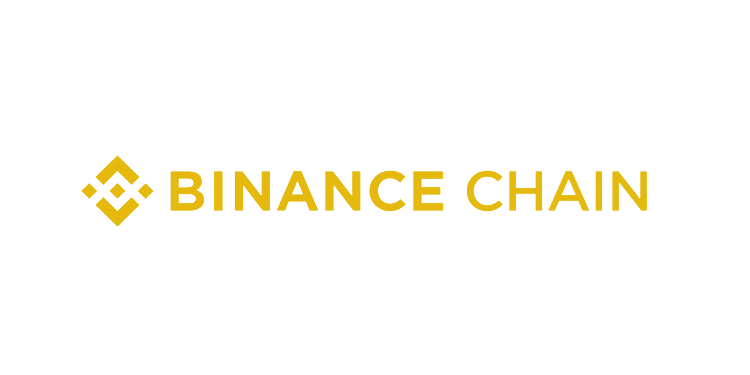
We Are Here To Educate
Rev Token is committed to empowering both seasoned crypto investors and newcomers to the space through comprehensive education. We offer accessible resources and support to help individuals grasp the intricacies of blockchain technology, cryptocurrency markets, and investment strategies.
Through a variety of educational content, tutorials, and community engagement initiatives, we strive to democratize access to crypto knowledge. Our goal is to enable everyone to participate confidently in the cryptocurrency ecosystem, regardless of their level of experience or background.
Join us as we work towards bridging the gap between traditional finance and the decentralized future. Together, we’ll pave the way for a more inclusive and empowered crypto community.
Crypto Currency Explained
Cryptocurrency is a digital or virtual form of currency that utilizes cryptographic techniques to secure financial transactions, control the creation of new units, and verify the transfer of assets. Unlike traditional fiat currencies issued by governments, cryptocurrencies operate on decentralized networks based on blockchain technology. Here are some key characteristics of cryptocurrencies:
Decentralization: Cryptocurrencies operate on decentralized networks, meaning they are not controlled by any central authority, such as a government or financial institution. Transactions are verified and recorded on a distributed ledger called a blockchain, which is maintained by a network of nodes.
Blockchain Technology: Blockchain is a decentralized and immutable ledger that records all transactions in chronological order. Each block in the blockchain contains a cryptographic hash of the previous block, creating a chain of blocks that cannot be altered retroactively. This technology ensures transparency, security, and trust in cryptocurrency transactions.
Security: Cryptocurrencies use cryptographic techniques to secure transactions and control the creation of new units. Public-key cryptography enables users to generate digital signatures that verify ownership and authorize transactions. Additionally, consensus mechanisms such as proof of work (PoW) or proof of stake (PoS) ensure the integrity of the blockchain network and prevent double-spending.
Anonymity and Privacy: While transactions on the blockchain are transparent and traceable, cryptocurrencies offer varying degrees of anonymity and privacy. Some cryptocurrencies, like Bitcoin, provide pseudonymity, where transactions are recorded on the public ledger but do not directly reveal the identities of the parties involved. Other cryptocurrencies, such as Monero or Zcash, offer enhanced privacy features that obfuscate transaction details.
Limited Supply: Many cryptocurrencies have a predetermined maximum supply, making them deflationary assets. For example, Bitcoin has a maximum supply of 21 million coins, ensuring scarcity and potentially increasing value over time. This limited supply contrasts with fiat currencies, which can be printed or minted at will by central banks.
Global Accessibility: Cryptocurrencies are accessible to anyone with an internet connection and a cryptocurrency wallet. They enable cross-border transactions without the need for intermediaries, such as banks or payment processors, reducing costs and increasing transaction speed.
Volatility: Cryptocurrency markets are known for their high volatility, with prices subject to rapid fluctuations based on factors such as market demand, investor sentiment, regulatory developments, and technological advancements. While volatility can present opportunities for profit, it also carries risks for investors and traders.
Overall, cryptocurrencies represent a revolutionary innovation in the field of finance, offering decentralized, secure, and efficient alternatives to traditional forms of currency and payment systems. They have the potential to disrupt various industries and empower individuals to take control of their financial assets and transactions.
Learn The Basics Below
No courses were found to match your selection.














